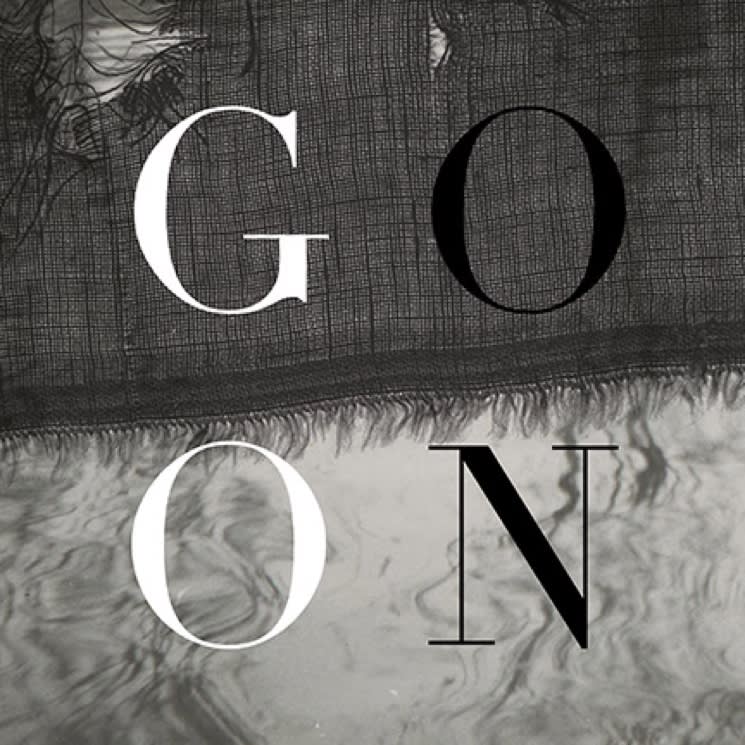Go On formed from the ups and downs of a relationship. Paper Beat Scissors' Tim Crabtree isn't interested in hiding out in the shadows of these emotions, though; rather, as the album's purposeful title suggests, he chooses to charge ahead. Lyrically, songs like "Unfazed" and "Wouldn't" and instrumental arrangements that sound like a revelation with each crescendo — "Onwards" and "Lawless" are the strongest examples of this — show a determined resolution to not relish in what went wrong. It's on "Lawless" that Crabtree sings one of the album's most important lines: "We'll learn in time." Go On is not about regrets, but learning from the past to make the future better.
Crabtree's sophomore album builds on the ideas found in his self-titled 2012 debut. Musically, there's similarly dramatic instrumentation at work, but Go On's sound is much fuller, exploring sonic territory only teased at before: the skittery electronics of "When You Still" is unlike anything heard from Crabtree, while standout "Enough" layers a bright guitar and an electronic drum beat with his distinctly hoarse vocals, which makes the album sound more unfiltered, from the heart.
Go On is a demonstration of Crabtree's unique ability to use classical and electronic elements to blur the lines of folk music and leave you breathless.
(Forward Music Group)Crabtree's sophomore album builds on the ideas found in his self-titled 2012 debut. Musically, there's similarly dramatic instrumentation at work, but Go On's sound is much fuller, exploring sonic territory only teased at before: the skittery electronics of "When You Still" is unlike anything heard from Crabtree, while standout "Enough" layers a bright guitar and an electronic drum beat with his distinctly hoarse vocals, which makes the album sound more unfiltered, from the heart.
Go On is a demonstration of Crabtree's unique ability to use classical and electronic elements to blur the lines of folk music and leave you breathless.
